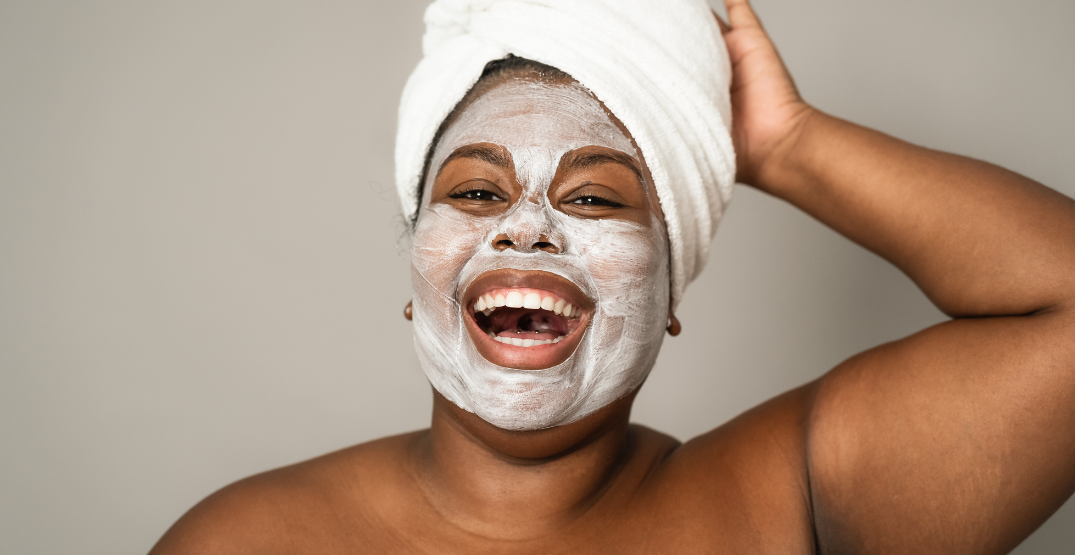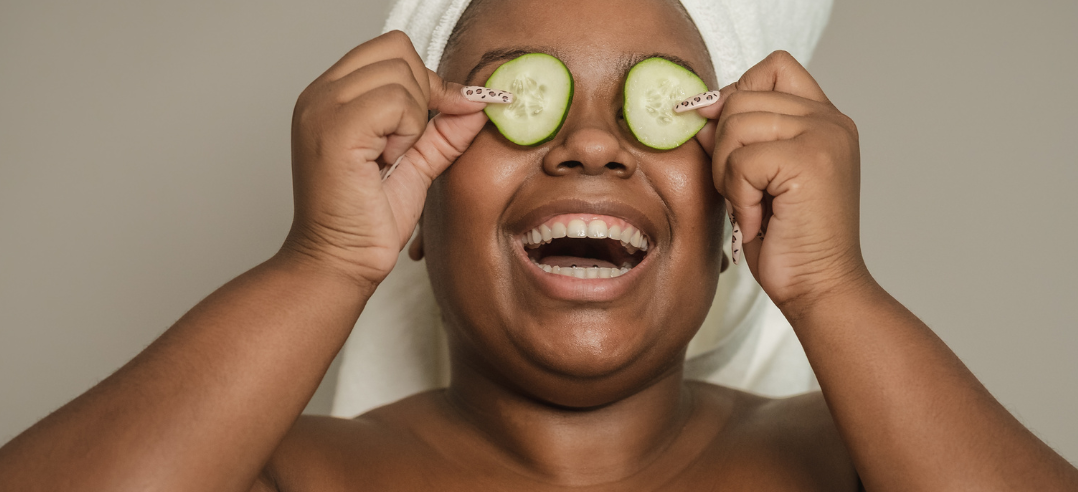I commonly hear from clients how overwhelmed they feel by the pressures of modern life. Between work, family obligations, and social expectations, it’s no wonder that many of us struggle to prioritize our own well-being. But self-care—true self-care—isn’t just about pampering ourselves with bubble baths and indulgent treats. It’s about creating a sustainable, holistic routine that nurtures our mental, emotional, physical, and spiritual health.
Dr. Pooja Lakshmin’s book, Real Self-Care: A Transformative Program to Honor Your Body, Heal Your Mind, and Deepen Your Spirit, offers a refreshing and much-needed perspective on how we can redefine self-care. This book moves beyond superficial practices and instead encourages us to approach self-care as an ongoing and integrated practice for holistic health.
Redefining Self-Care
In today’s world, the term “self-care” often conjures images of luxury wellness retreats or Instagrammable moments of relaxation. However, as Dr. Lakshmin writes, self-care is not a luxury—it’s a necessity. True self-care involves addressing our mind, body, and spirit in ways that are sustainable and meaningful, not just quick fixes.
The book is divided into three main sections: body, mind, and spirit, and each one builds a case for why self-care should be a priority in our lives. Read on for highlights of Lakshmin’s wisdom on all 3 sections.

1. Body: Honoring Physical Needs
In the body section, Dr. Lakshmin challenges us to cultivate a healthier relationship with our bodies. This means listening to our physical needs—whether that’s getting adequate sleep, eating nutritious food, or moving our bodies in ways that feel good. But it also means rejecting societal pressures that create unrealistic body standards. True self-care is about self-acceptance, not striving for perfection.
As the U.S. Department of Health and Human Services (HHS) notes, “Good physical health is linked to better mental health outcomes.” (Source: HHS.gov) Taking care of our bodies through proper nutrition and regular physical activity not only helps us feel better but also has a positive impact on our mental health.
2. Mind: Caring for Your Mental Health
Mental health is at the core of the second section, and Dr. Lakshmin offers practical tools for managing stress, setting healthy boundaries, and shifting negative thought patterns. One of the key messages is that we need to make time for rest and reflection, especially in an era where we are often expected to be constantly productive.
According to the National Institute of Mental Health (NIMH), “Chronic stress can lead to mental health issues such as anxiety and depression, and it can worsen existing conditions.” (NIMH.gov) In this section, Dr. Lakshmin teaches us that mental self-care isn’t just about coping with stress, but about preventing burnout in the first place. Prioritizing mental health through techniques like mindfulness, therapy, and setting boundaries is essential for maintaining a balanced life.
3. Spirit: Nourishing Your Inner Self
Finally, Dr. Lakshmin dives into the spiritual aspects of self-care. This doesn’t necessarily mean religious practices (though for some, it could), but rather the importance of connecting with one’s values, purpose, and inner self. In this section, she emphasizes the need for self-compassion and the importance of building a supportive community—whether that’s through friends, family, or professional help.
The book encourages us to explore how our spiritual and emotional well-being is deeply tied to our sense of self-worth and connection to others. Dr. Lakshmin suggests that, just as we tend to our physical and mental health, we should also create space to nurture our soul through meaningful relationships and practices that bring us joy.
Practical Takeaways for a Healthier, More Balanced Life
One of the most powerful takeaways from Real Self-Care is that self-care isn’t something you do once in a while—it’s a continuous practice. Dr. Lakshmin offers concrete steps to help readers make self-care a daily ritual that doesn’t feel like an additional burden but a necessary, integral part of life. Whether it’s taking breaks when you’re feeling overwhelmed, moving your body with intention, or seeking therapy for emotional support, the book highlights that self-care is about building resilience and honoring your needs—physically, mentally, and spiritually.
The Importance of Self-Care in Mental Health
Self-care is a critical aspect of mental health. According to the National Institutes of Health (NIH), “Self-care involves taking care of your physical, emotional, and mental health in ways that help you feel your best. It’s important for managing stress and improving overall well-being.” (Source: NIH.gov) This holistic approach to self-care can reduce stress, improve mood, and prevent mental health issues from becoming more severe.
By recognizing that self-care isn’t about indulgence but about creating a balanced life, we empower ourselves to take charge of our mental and physical health.
Conclusion
In conclusion, Real Self-Care offers a compassionate, evidence-based approach to taking care of yourself in a way that aligns with your true needs—mentally, physically, and spiritually. Dr. Lakshmin’s work reminds us that self-care is not selfish; it is essential. By making self-care a priority in our lives, we can better manage the stresses of daily life and build stronger mental health.
So, take the time today to listen to your body, give yourself the space to heal your mind, and nurture your spirit. After all, when we care for ourselves, we are better able to show up for others and live our lives with purpose and authenticity.

Sources:
Lakshmin, P. (2023). Real self-care: A transformative program to honor your body, heal your mind, and deepen your spirit.
National Institutes of Health: National Institute of Mental Health. (2023). Stress. U.S. Department of Health and Human Services. https://www.nimh.nih.gov/health/topics/stress
